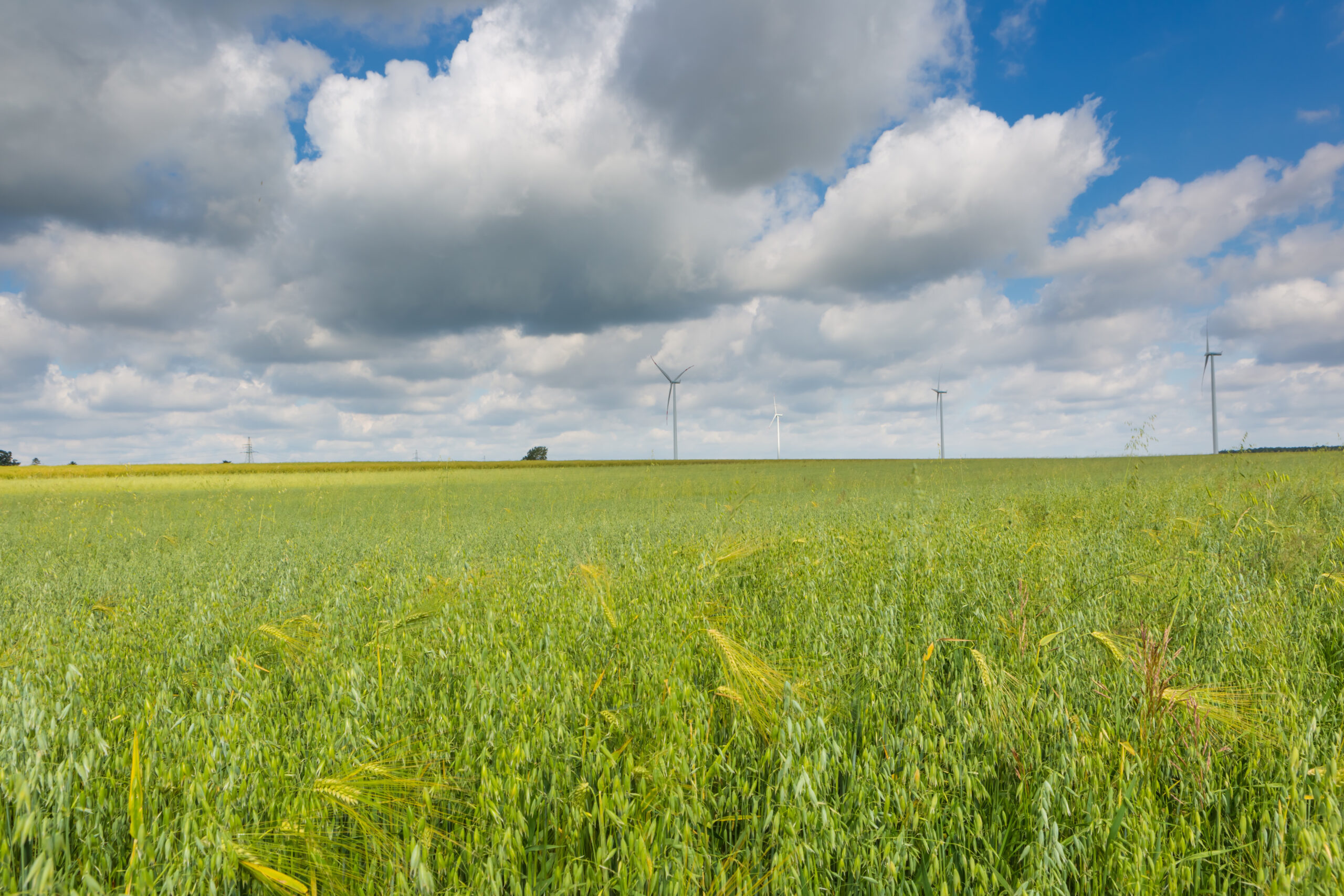Welcome to the world of organic gardening! Whether you’re a seasoned gardener or just starting out, there are always new tips and tricks to learn that can help make your garden flourish. In this blog post, we’ll cover everything from preparing your soil to maintaining your garden, so let’s get started!
Introduction to Organic Gardening:
Organic gardening is a method of growing plants without using synthetic fertilizers or pesticides. Instead, it relies on natural methods such as composting, crop rotation, and companion planting to keep plants healthy and thriving. By choosing organic gardening, you’re not only reducing your environmental impact but also providing yourself with fresh, nutritious produce that is free from chemicals.

The Benefits of Going Organic:
There are many benefits to choosing organic gardening over traditional gardening methods. Firstly, by avoiding synthetic pesticides and fertilizers, you’re helping to reduce pollution and protect local wildlife. Secondly, organically grown food has been shown to have higher levels of vitamins and minerals than conventionally grown crops. Finally, organic gardening can be more cost-effective in the long run since you won’t need to buy expensive chemicals or fertilizers.
Tips for Preparing Your Soil:
Soil is one of the most important components of any garden, and getting it right is essential for success. To start, remove any existing weeds or debris from the area where you plan to plant. Next, add plenty of organic matter, such as compost or manure, to enrich the soil and improve drainage. You may also want to consider adding mulch to retain moisture and suppress weeds.
Choosing the Right Plants and Seeds:
When selecting plants and seeds for your organic garden, choose varieties that are well-suited to your climate and growing conditions. Look for heirloom or open-pollinated seed varieties, which are often better adapted to local conditions and less susceptible to disease. It’s also essential to choose plants that are resistant to common pests and diseases in your area.
Maintaining Your Organic Garden:

Once your garden is established, regular maintenance is key to keeping it healthy and productive. Make sure to water your plants regularly, especially during hot weather or dry spells. You should also check for signs of pests or diseases and take action promptly if necessary. Finally, don’t forget to harvest your crops when they’re ripe, and enjoy the fruits (and vegetables!) of your labor.
Conclusion:
In conclusion, organic gardening is an excellent way to grow delicious, nutritious produce while minimizing your environmental impact. With these tips and tricks, you’ll be well on your way to creating a successful organic garden that will provide you with years of joy and satisfaction. Happy gardening!



